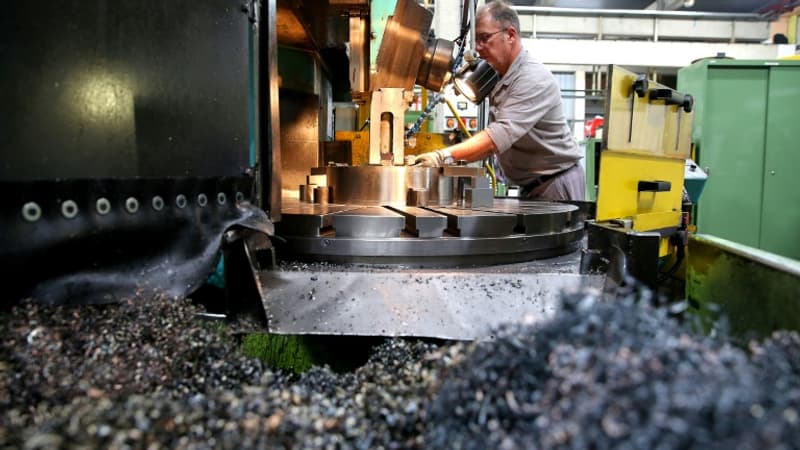The industry is in shock. Despite inflation and the economic slowdown, industrial employment should continue to grow in 2023. According to the annual survey carried out by L’Usine Nouvelle, companies in the sector should continue to recruit massively this year.
The 100 largest industrial companies should hire 180,000 employees in France in the next 12 months compared to 165,000 a year ago (+9%). Forecasts even higher than their pre-Covid level since at the end of 2019 manufacturers anticipated 169,000 hires for the following year.
It is the SNCF that should hire the most employees this year. The railway company forecasts 21,000 contracts in 2023, 5,000 more than last year. Machinists, signalmen, electricians… The company needs labor for all its trades. This year, 2,500 executives must also be hired.
The SNCF lacks weapons
Behind SNCF follow LVMH with 15,200 contracting plans this year (1,500 less than in 2022), Vinci (14,500 contracting), Bouygues (12,000), Capgemini (9,400), Engie (7,900), Veolia (6,500), La Poste (4,800 ), Alten and Safran (4500 each).
In the context of inflation and labor shortages, 87% of the companies surveyed say they want to increase starting salaries. More than a third of them even estimate an increase of up to 10% compared to their initial forecasts.
Little by little, France is reindustrialising. With 3.2 million jobs in the industry in the third quarter of 2022 according to INSEE, the secondary sector has erased the Covid crisis. The industry has already been recreating jobs since the beginning of 2021 and the number of employed employees in the sector has returned to its level of the last quarter of 2014.
Evolution of industrial employment in France between 1970 and 2022
However, there is still a long way to go before France becomes a great industrial power again. The country that in 2001 had some 4.12 million industrial jobs and suffered a haemorrhage in the sector during the following two decades. Between 2001 and 2017, the industry destroyed 980,000 net jobs. In the last six years, 62,000 jobs have been recreated in the sector, six times less than the jobs destroyed between 2010 and 2017.
Source: BFM TV


